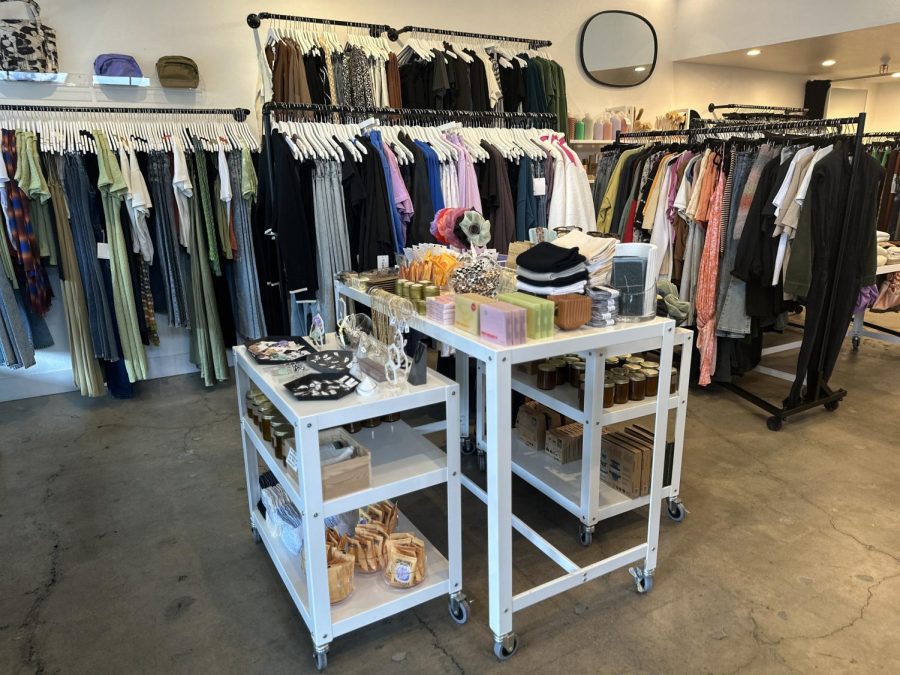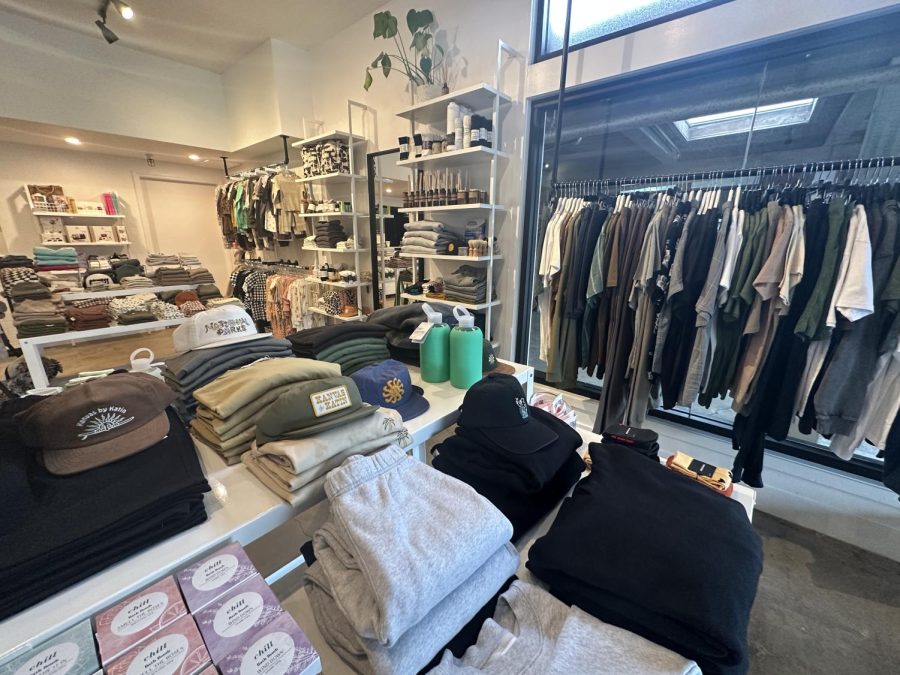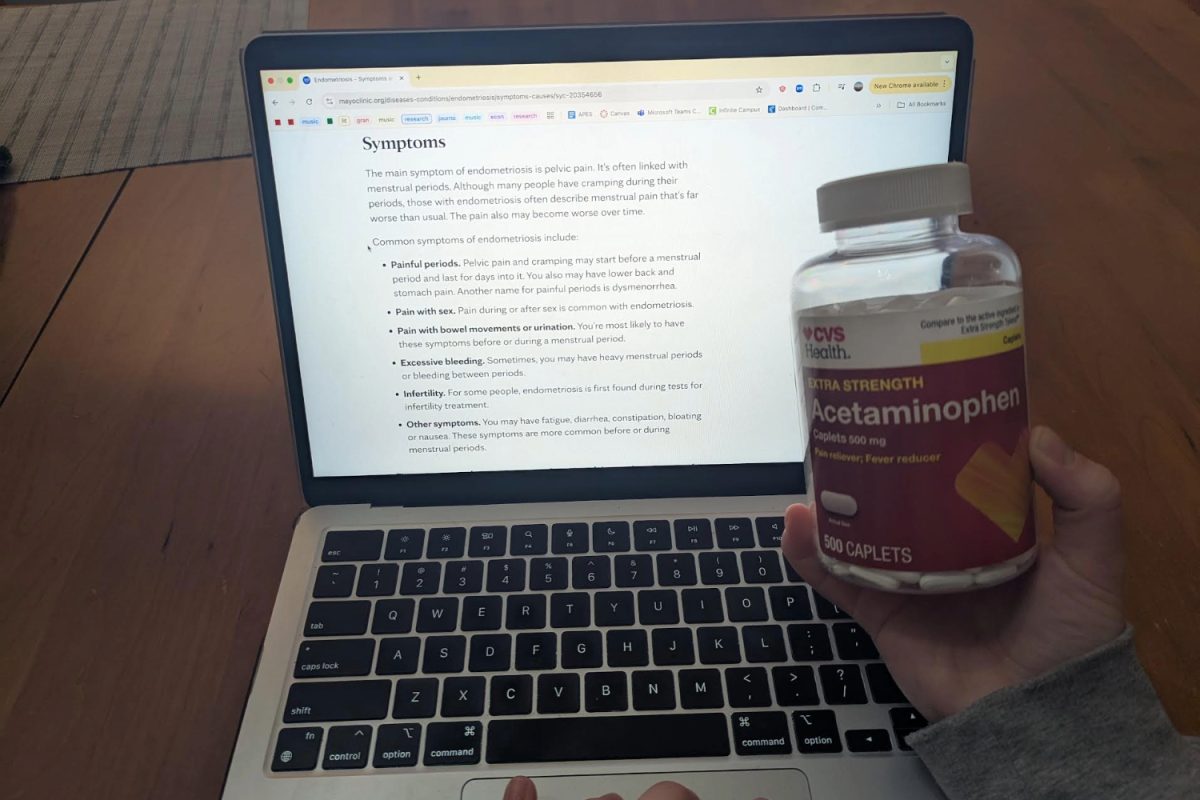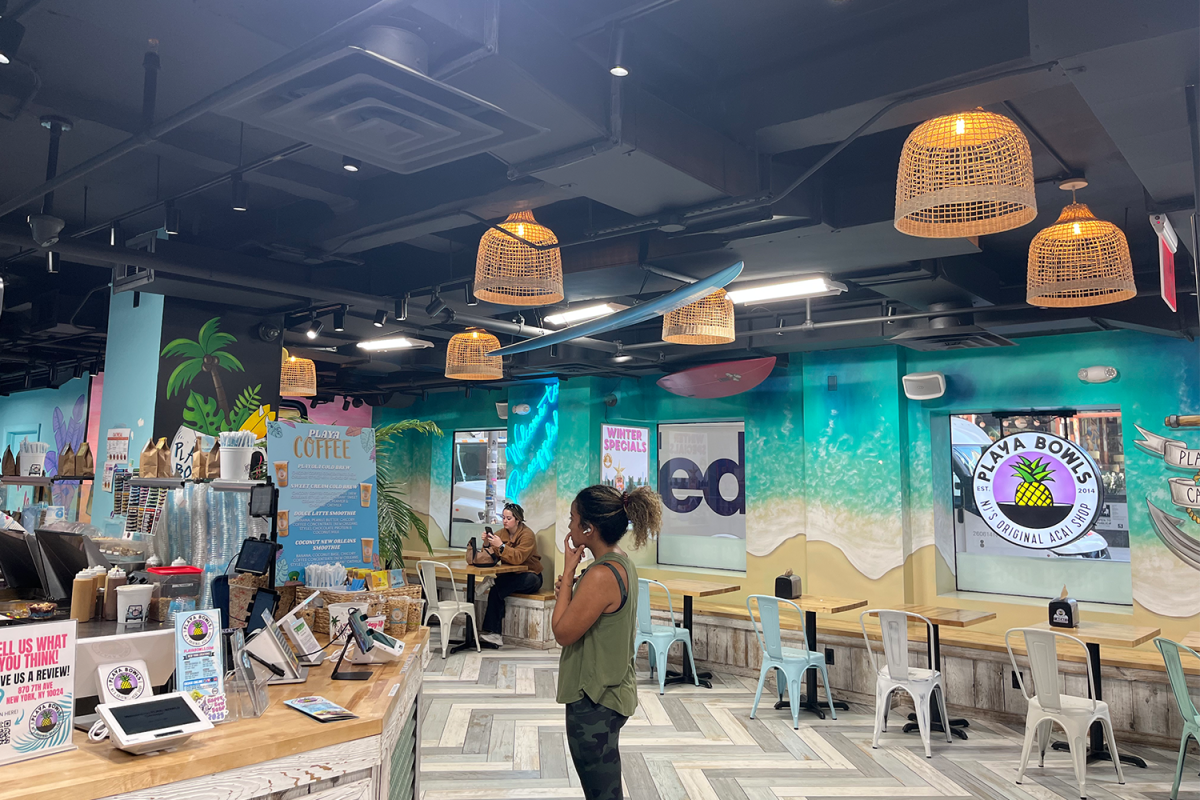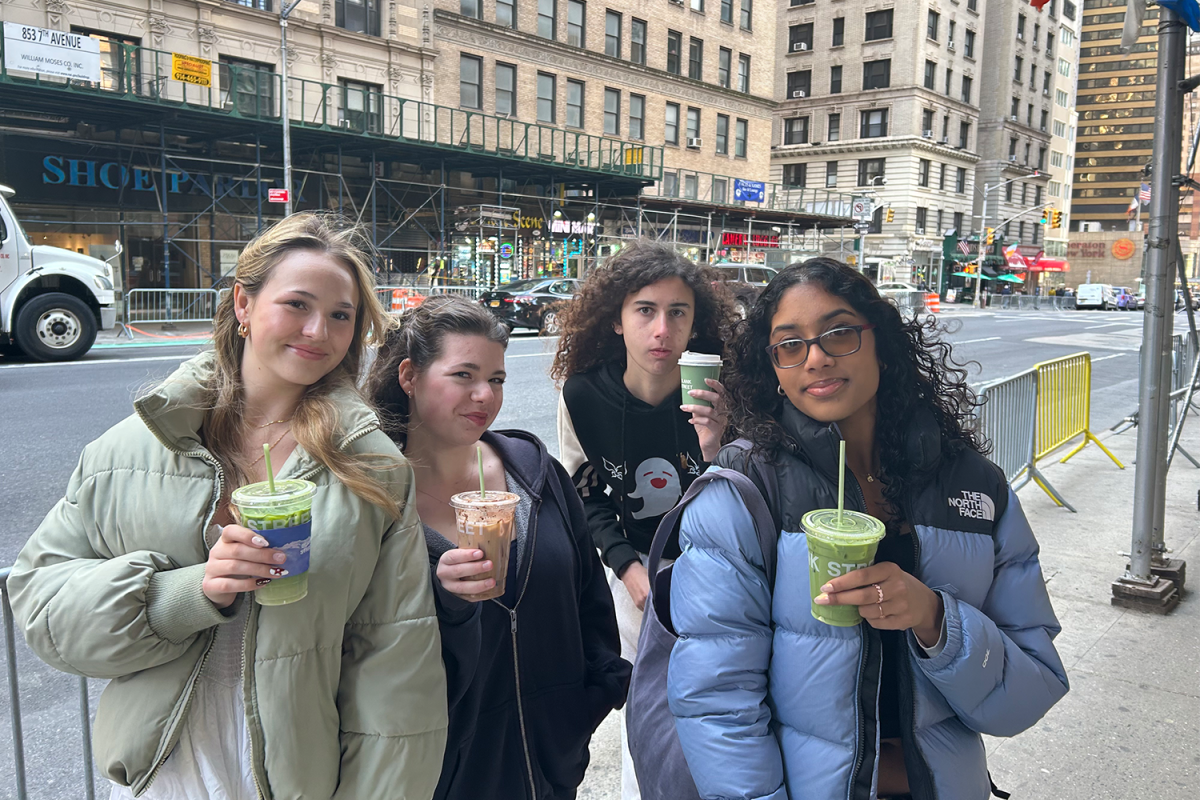“I always knew I wanted to have my own boutique,” Emily Maritzies said.
For Maritizies, that dream became a reality in 2013 when her blog turned into Unseen, a clothing shop located in Belmont.
The store emphasizes transparency, longevity, and quality over quantity. Over the last few years, Unseen has made efforts to push for sustainability in its products, with virtually all of the items in its shop being ethically manufactured and produced.
“We have a lot of sustainable living products as well and everything from them is either recyclable, compostable, or reusable, which is really important for us,” Maritzies said.
Clothing items are manufactured from materials such as cotton and linen, which are typically better for the planet than polyester.
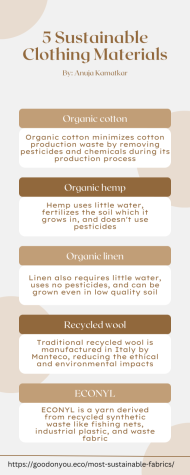
“We try to be mindful as we can, especially with clothing material like using as much natural fiber as possible and being mindful of water waste,” Maritzies said.
When determining whether a piece of clothing is sustainable or not, there are many factors that must be taken into account.
“Clothing should be designed with circularity and regeneration in mind, meaning clothing producers are considering both the raw materials impact and the end-of-life of the garments before they even make them,” said Brooke Bowlin, a sustainable fashion content creator. “It’s important to reduce excess waste and the harm it causes, which involves picking better materials, prioritizing quality construction, and creating systems to reduce waste pre- and post-consumer.”
Maritzies aims to create an uplifting environment in her store.
“I’m very transparent with all of our customers. I think we’ve created a really good community and I like that a lot of people just come in here to say hi to me and my other team members,” Maritzies said.
Unseen sells clothing items that are from labels only sold at their store, providing unique pieces to the community.
“Everything that we have in the store is exclusive to us and you can’t find it anywhere else, which I think is also something exciting,” Maritzies said.
Maritzies also hopes that the locally owned aspect of her business will allow people to more easily connect with her company.
“You’re supporting real families, not the corporate, you know, people you don’t know there are spaces behind the businesses, which I think is very important,” Maritzies said.
Supporting local businesses is also crucial to lessen impacts on the environment.
“It helps promote practicing a more circular economy which I believe is a key solution to reducing some environmental issues facing the world today,” said Sarah LaFazia, the Social Media and Communications Chair at the Cal Poly Sustainable Fashion Club
According to the Actions for the Climate Emergency (ACE), 35% of microplastics in the ocean come from synthetic materials used to make Fast Fashion —- items, creating harmful environments for species in marine ecosystems.
“Sustainable fashion considers both the present and future impact. We need this in order to build a livable future for all. It’s is just one piece of the puzzle to addressing the climate crisis,” Bowlin said.

